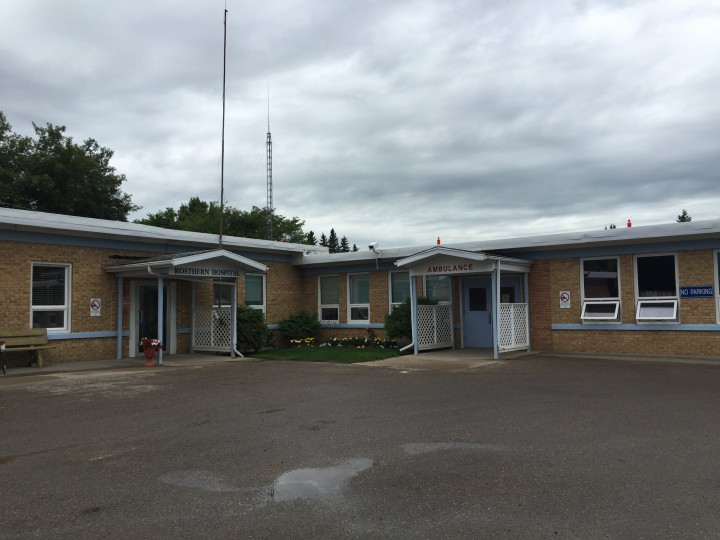The town of Rosthern, Sask., is left without access to a medical clinic after one of the doctors tested positive for COVID-19, leading to staff he came into contact with to enter self-quarantine.

The town’s mayor, Dennis Helmuth, confirmed that the closure is due to one of the doctors contracting COVID-19.
On March 20, the SHA announced “a temporary disruption to emergency and lab services at the hospital due to staff shortage”.
The announcement further stated in the event of an emergency, residents should call 911 or go to Prince Albert or Saskatoon where emergency services are available at hospitals.

Get weekly health news
Doctors at the hospital are still consulting with patients on the phone, according to a Facebook post on the clinic’s page.
“It’s important to note that doctors that are unable to practice within their clinic are nonetheless working vigorously in terms of distance or telephone conference calls to their patients to provide a level of care that is appropriate under the circumstances,” Helmuth said.
Rosthern is approximately 60 kilometres north of Saskatoon.
Questions about COVID-19? Here are some things you need to know:
Health officials caution against all international travel. Returning travellers across Canada are legally obligated to self-isolate for 14 days, beginning March 26, in case they develop symptoms and to prevent spreading the virus to others. In Saskatchewan, international travellers are already required to self-isolate for 14 days upon their return to the province.
Symptoms can include fever, cough and difficulty breathing — very similar to a cold or flu. Some people can develop a more severe illness. People most at risk of this include older adults and people with severe chronic medical conditions like heart, lung or kidney disease. If you develop symptoms, contact public health authorities.
To prevent the virus from spreading, experts recommend frequent handwashing and coughing into your sleeve. They also recommend minimizing contact with others, staying home as much as possible and maintaining a distance of two metres from other people if you go out.
For full COVID-19 coverage from Global News, click here.






Comments
Want to discuss? Please read our Commenting Policy first.